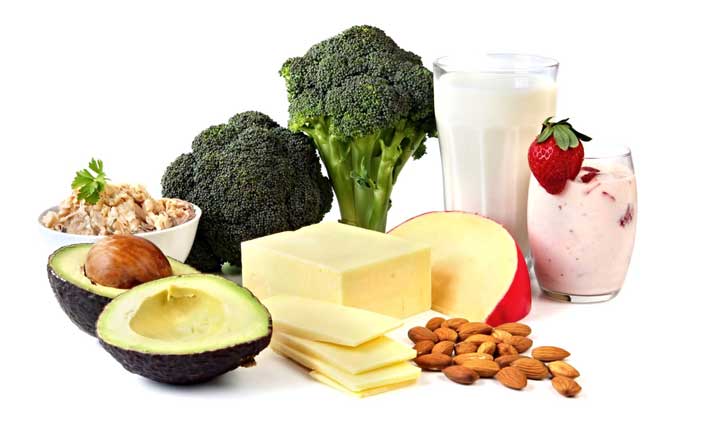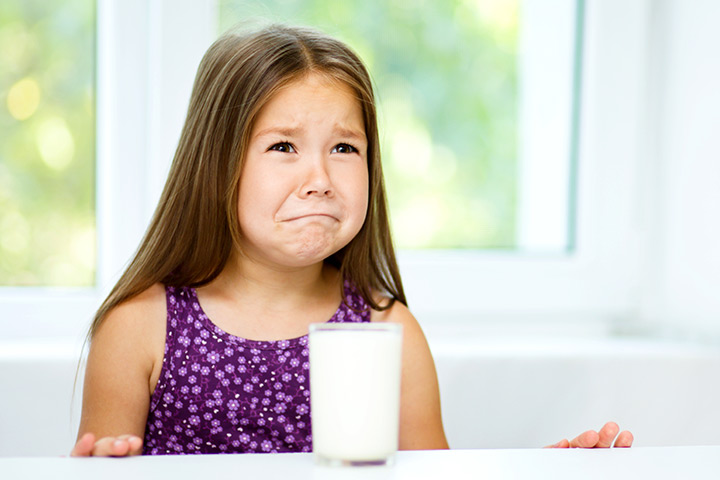Health
Study Finds That Children With Milk Allergies Suffer From A Lower Bone Density Later In Life
A new study has found that children who are allergic to cow’s milk may suffer from a lower bone density later in life, due to a reduced intake of calcium. Additionally, the study found that these children typically did not take enough Vitamin D and calcium supplements to make up for their limited intake of calcium rich milk.
The Study
Conducted by the allergy division at the Centre Hospitalier Universitaire Sainte-Justine Research Center of the University of Montreal in Canada, the study compared 52 children who had milk allergies at seven years with 29 children who didn’t have milk allergies.
In this comparison, they measured the body composition, blood levels of Vitamin D, lumbar spine bone mineral density and assessed calcium and vitamin D intake.
The Findings
The study found that more than 60% of the kids with cow’s milk allergy did not meet the daily recommended intake of calcium as compared to 25% of the group with no milk allergies. Less than 15% of the groups had adequate Vitamin D intake.
Children with cow’s milk allergy had a lower bone mineral density than the others and 9% had a low bone mass. Low bone mass and mineral density can lead to fragile bones, which are more vulnerable to injuries and breaks.
What’s To Be Done?
“Milk allergy is one of the most frequent food allergies in infants,” said Dr Anne Des Roches a senior author of the study to Reuters. “For all children with milk allergy, a consultation with a nutritionist is always a good thing,” she added.
Children (and adults) need an adequate intake of both calcium and vitamin D because calcium fortifies bones and aids bone growth, while Vitamin D facilitates the absorption of calcium into the body.
A consultation with a nutritionist, who can suggest Vitamin D and calcium supplements is one course of action that a parent with a child allergic to milk should take. Additionally, a parent can include other foods high in calcium in their child’s diet.
These include dark leafy greens, fish, almonds, fortified tuna, bok choy, fortified soy products, and broccoli. Meanwhile, foods high in vitamin D include fatty fish (tuna, mackerel salmon), beef liver, egg yolks and fortified cereals. For more information on a diet tailored for healthy bones, check out our guide to osteoporosis here.
Interestingly, a recent survey conducted by EuroPrevall and published in the journal Allergy last week, stated that cow’s milk tops the list of foods that Indians are allergic to. Therefore, parents in India must take a greater precaution to monitor their children for signs of an allergy to cow’s milk. Such signs include hives, wheezing and vomiting immediately after drinking milk or diarrhoea, abdominal cramps, a runny nose, watery eyes, coughing or wheezing and itchy skin sometime after drinking milk.
If a child does have an allergy, a parent must be sure to consult with a nutritionist to supplement their diet with calcium and vitamin D to prevent complications in the future.























